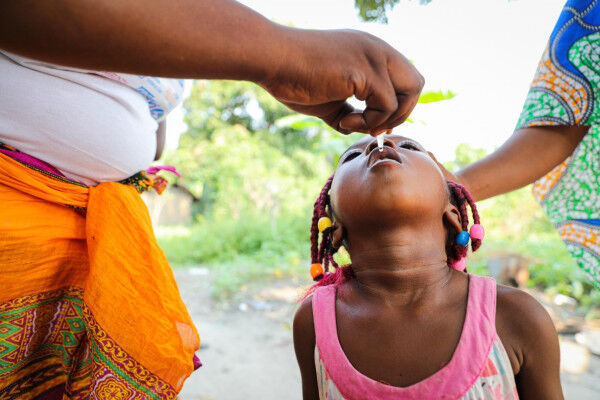
The governing board of Gavi, the international organisation that provides vaccines to developing countries, last week, added a new shot to its roster that could help to eradicate polio worldwide and prevent its resurgence.
According to a report first published by The New York Times, the new vaccine does not contain live viruses that are in polio vaccines currently used in some low and middle-income countries.
It adds what’s known as an ‘inactivated polio component’ into a multifaceted shot that is already being used to protect young children against five other dangerous infections. A similar shot is already available in the United States and some European countries.
Oral polio vaccines, administered in droplet form, have driven down polio cases by more than 99 per cent in recent decades. But because the drops contain live viruses — detectable in the excrement of children who get the vaccine — the virus can spread and cause new infections in countries with poor sanitation. The new vaccine won’t have this problem.
“More children today, in 2023, are paralysed from circulating vaccine-derived polio than wild polio,” said Dr. James Campbell, a pediatric infectious disease expert at the School of Medicine, University of Maryland, who studies vaccine development.
He called the Gavi approval an “important step” in quelling the virus globally because it would give children in low and middle-income countries access to a product that pediatricians in the United States and Europe have long offered.
The shot is also expected to help prevent infections because of its logistical ease. Since the polio vaccine will be wrapped into a combination product that is already being distributed to children, scientists say countries that use it will be less likely to see a resurgence of polio once oral vaccines are scaled back.
The United States has long used an inactivated polio vaccine, or IPV, instead of oral drops, and Gavi has been helping lower income countries buy it for the past 10 years. But the new six-in-one vaccine, called a hexavalent, will also protect children against hepatitis B, Haemophilus influenzae, tetanus, diphtheria and pertussis.
Adding polio protection to the existing five-component vaccine will raise its cost, but public health officials say the move is still economically advantageous. Fewer vaccine doses overall will help to decrease small expenses that add up, including syringes, serum refrigerators and appointments with health workers.
Countries that Gavi serves will now be able to apply for funding for the vaccine, which could become available as soon as 2024.
It is administered in three doses within the first months of life, plus a subsequent booster shot before age two.
United Nations Children’s Fund (UNICEF) has estimated that global market for the new vaccine could reach 100 million yearly doses by 2030.













